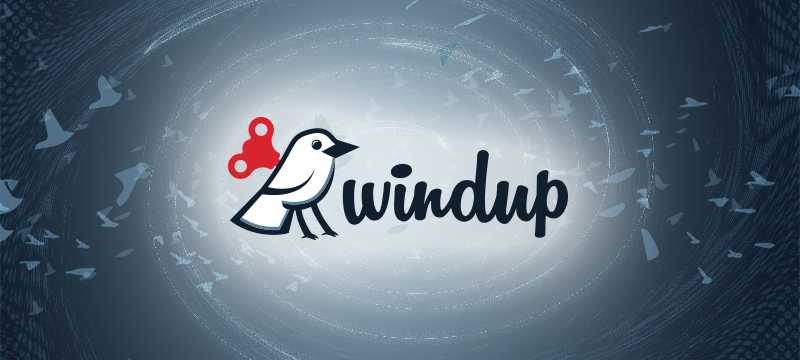Fixes in Windup 6.2.1.Final
- Fixed
Issuesreport rendering when “Skip source code reports” option is enabled(WINDUP-3791) - Web Console: excluded
logsfolder from exported ZIP reports (WINDUP-3793)
Changes from Windup 6.2.0.Final
New features
Some of the features below have been published in previous z-stream versions of Windup 6.1. But they have been listed here for completeness.
New reports
The reports generated by Windup have been rewritten using PatternFly 4. They contain the rich content that the originals had, but are much better presented, easier to navigate and consistent in style with the Web console’s user interface. Users that wish to continue using the original reports can generate them via the --legacyReports advanced option (see below).
A new filter on the Issues report allows issues to be filtered by migration target(s) and/or migration source(s).
New advanced options
--exitCodes: this option will ensure that Windup will return a zero return code if an analysis completes successfully and a non-zero return code when an analysis fails--exportSummary: this option generates a JSON file in the output folder for each application analyzed. Each JSON file contains the story points and incident count (by category) as well as the application’s collection of technology tags--exportZipReport: this option will create areports.zipfile containing all of the analysis outputs; reports, .csv files and .json files (the last two only if requested)--legacyReports: this option will ensure the original format reports are generated rather than the new style PatternFly 4 reports--skipSourceCodeReports: the source code report allows users to view migration issues within the context of the application source code. Having all of the analyzed applications source code visible within the reports could be a security concern. This option will suppress the generation of the source code report, but all the other reports are still generated
Multi-platform/arch containers
For users that want to run the CLI within a container there are now 4 different architectures (amd64, arm64, ppc64le and s390x) available. Quay.io will automatically provide the version appropriate for you.
New rulesets and targets
- This release contains the complete set of rules to support users adopting JBoss EAP 8.0 Beta and Hibernate 6.2.
- A new
azure-spring-appstarget has been introduced for migrating Spring applications to Azure. - A new
discoverytarget has been introduced that will only execute the rules that identify the technologies embedded within the application. It provides an efficient way of understanding the technology landscape for the collection of applications being analyzed that will inform the migration strategy for each. - For Hibernate users we have introduced a new target shortcut
hibernate6. When an analysis is executed with that target supplied, all of the rulesets that have thehibernate:6orjakarta-eetarget are used within the analysis. - The ability to map multiple targets to a single target shortcut (e.g.
hibernate6.windup.technologytransformer.xml).
New Technology Tags
- The technology tags based upon Java EE deployment descriptors now include the version. For example
EJB 3.2 - Generate enterprise Java EE technology tags for Jakarta EE applications
Web UI package selection
The package selection step of the analysis configuration has changed. The user must switch on package selection if they wish to nominate the list of packages to be included within the analysis. This change makes the Web UI behavior consistent with the CLI.
Updated Nexus index of known software artifacts
Last updated 21st March 2023.
Java compatibility
The CLI and Maven plugin supports the following versions of Java:
- OpenJDK 11
- Oracle JDK 11
- Eclipse Temurin JDK 11
- OpenJDK 17
- Oracle JDK 17
- Eclipse Temurin JDK 17
The Web UI, due to its dependency on Wildfly only supports:
- OpenJDK 11
- Oracle JDK 11
- Eclipse Temurin JDK 11
Java 17 compatibility for the Web UI will be added in a future release.
